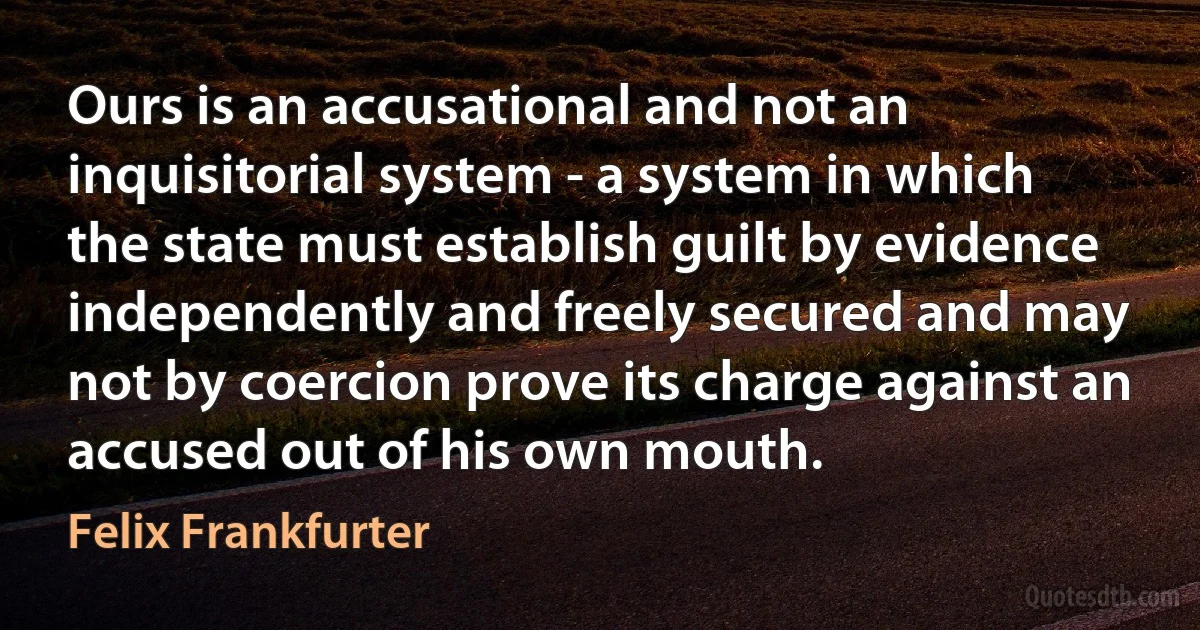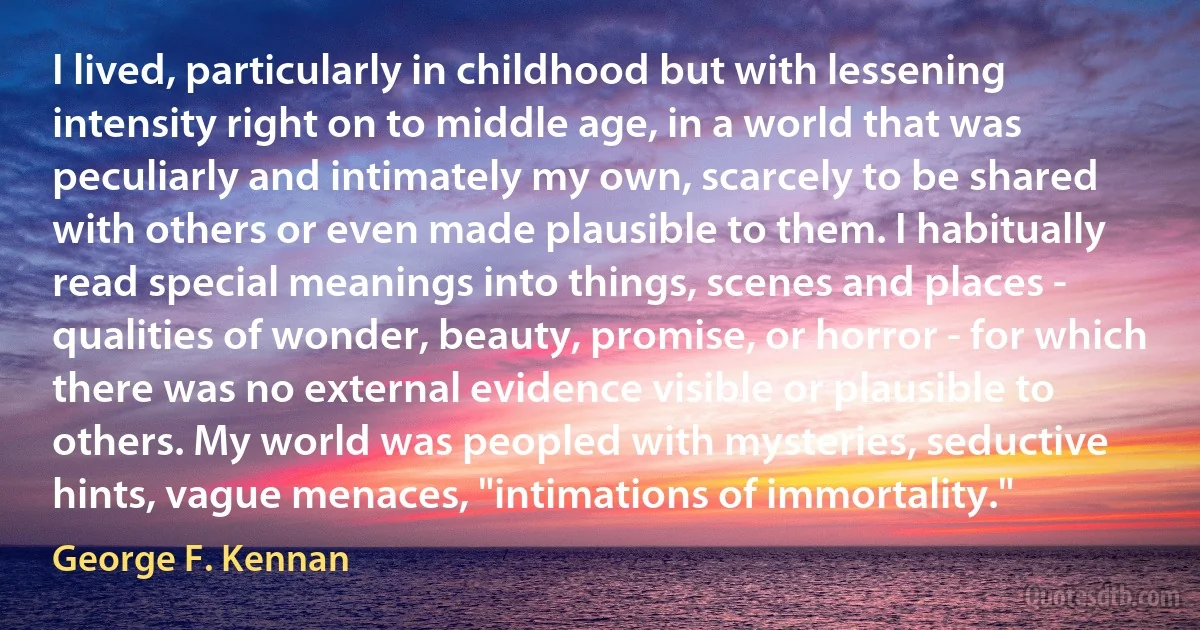Evidence Quotes - page 48
In human history it seems that the idea of using a pictograph in the new function of representing sound may have occurred only three times: once in Mesopotamia, perhaps by the Sumerians, once in China, apparently by the Chinese themselves, and once in Central America, by the Mayas. (Conceivably it was invented only once, but there is no evidence that the Chinese or the Mayas acquired the idea from elsewhere.) The idea that was independently conceived by these three peoples was taken over, as were at times even the symbols themselves, though often in a highly modified form, by others who made adaptations to fit a host of totally different languages. One of the major adaptations, generally attributed to the Greeks, was the narrowing of sound representation from syllabic representation to phonemic representation (Gelb 1963; Trager 1974), after an earlier stage of mixed pictographic and syllabic writing (Chadwick 1967).

John DeFrancis
Animals cry. At least, they vocalise pain or distress, and perhaps call for help. Most people believe, therefore, that animals can be unhappy and also that they have such feelings as happiness, anger and fear. But there is a tremendous gap between the common sense viewpoint and that of official science on this subject. The ordinary layperson readily believes that his dog, her eat, their parrot or horse, feels. They not only believe it but have constant evidence of it before their eyes. All of us have extraordinary stories of animals we know well. Yet, by dint of rigorous training and great efforts of the mind, most modern scientists - especially those who study the behaviour of animals - have succeeded in becoming almost blind to these matters.

Jeffrey Moussaieff Masson
Schumann's Kreisleriana: No other cycle among Schumann's great works so perfectly expresses the sensation of dark nocturnal things, of chaos, lurking in the background. The last piece of this collection shows this particularly well. Like skeletons on horseback, shadowy figures flit before us in a soft, sustained rhythm; in the middle section horn-calls enliven the scene with visions of knightly strength and nobility, but at the end the figures vanish ghost - like into night and mystery. Looking into the first volume of Schumann's diaries we find ‘Midnight Piece,' a prose passage which provides moving, indeed alarming evidence of his perilously depressive mental state. It contains elements of a highly personal kind which memorably convey the particular quality of his imagination, mortally cold and never far from visions of death. It could have served perfectly as a model for the final, disturbing piece in the Kreisleriana set.

Burkard Schliessmann
Even after proper discount is made for false propaganda, the evidence is indisputable that every invading army perpetrates atrocity, so much so that war may correctly be defined as atrocity. Reference to various standard dictionaries reveals the following definition of atrocity: "A deed of violence or savagery; great cruelty or reckless wickedness; extreme cruelty; enormous wickedness."

Kirby Page
What we should be teaching are the problems and holes and I think there are legitimate problems and holes in the theory of evolution. And what we need to do is to present those fairly from a scientific point of view. And we should lay out areas in which the evidence supports evolution and the areas in the evidence that does not.

Rick Santorum
People keep asking me, "You mean you don't believe that HIV causes AIDS?" And I say, "Whether I believe it or not is irrelevant! I have no scientific evidence for it." I might believe in God, and He could have told me in a dream that HIV causes AIDS. But I wouldn't stand up in front of scientists and say, "I believe HIV causes AIDS because God told me." I'd say, "I have papers here in hand and experiments that have been done that can be demonstrated to others."

Kary Mullis
To me the entire uselessness of such rules^as practical guides lies in the inherent vagueness of the word "reasonable," the absolute impossibility of finding a definite standard, to be expressed in language, for the fairness and the reason of mankind, even of Judges. The reason and fairness of one man is manifestly no rule for the reason and fairness of another, and it is an awkward, but as far as I see, an inevitable consequence of the rule, that in every case where the decision of a Judge is overruled, who does or does not stop a case on the ground that there is, or is not, reasonable evidence for reasonable |men, those who overrule him say, by implication, that in the case before them, the Judge who is overruled is out of the pale of reasonable men.

John Coleridge, 1st Baron Coleridge
The Unseasonable man is one who will go up to a busy person, and open his heart to him. He will serenade his mistress when she has a fever. He will address himself to a man who has been cast in a surety-suit, and request him to become his security. He will come to give evidence when the trial is over.

Theophrastus
I think I have fairly heard and fairly weighed the evidence on both sides, and I remain an utter disbeliever in almost all that you consider the most sacred truths... I can see much to admire in all religions... But whether there be a God and whatever be His nature; whether we have an immortal soul or not, or whatever may be our state after death, I can have no fear of having to suffer for the study of nature and the search for truth.

Alfred Russel Wallace
It has nothing to do with belief. It's a fact. It's the truth! As a scientist, I know it's true because science is based on skepticism. We consider all possibilities equally and decide on facts based on what stands up to empirical evidence. Which is how I know that you gomers are absolutely and totally wrong.

Orl Unho



